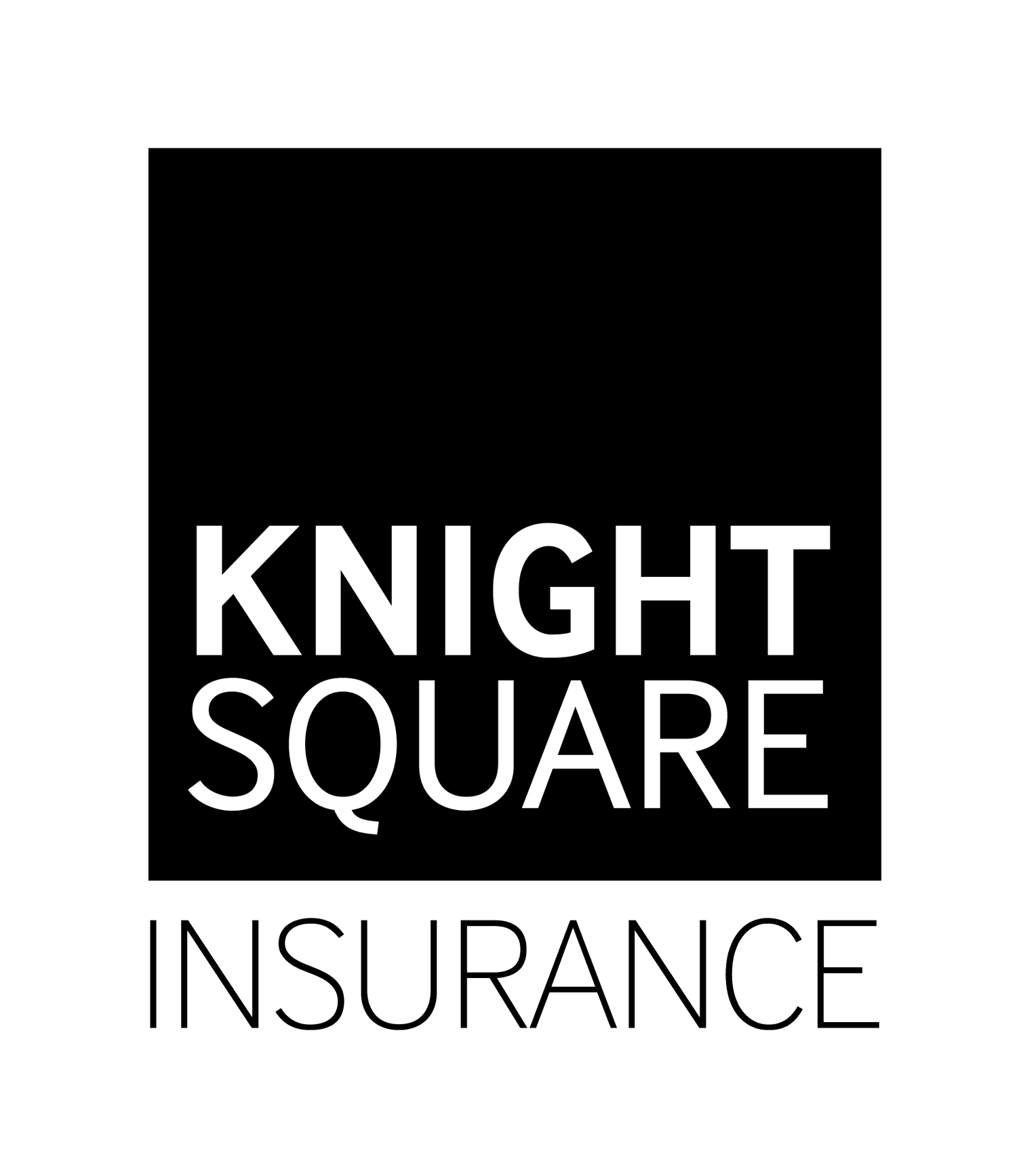Insurance Act 2015
The Insurance Act 2015 was introduced to modernise insurance law, so making it simpler and fairer in the event of a claim. However, the benefit is dependent on the customer making a ‘fair representation of risk’
There has always been an obligation on all customers to act with ‘good faith’ and to ensure ‘accuracy of material information’. These obligations remain. The Act goes further and specifies what a customer must do for a presentation to count as fair.
There are two key elements:
Reasonable Search
This new obligation requires the customer to make adequate enquiries within their organisation to identify and verify information relevant to the risk(s) concerned. This must include all relevant knowledge of anyone in a senior position in the organisation and those involved in buying the insurance. Reasonable enquiries must also be made of any relevant third parties involved with the organisation, such as external consultants and anyone insured under the policy.
Clear and Accessible
This relates to presentation of information in relation to the risk and how able insurers are to assess the risk. Simply dumping large amounts of data without signposting is now unacceptable.
There is also an additional requirement to adequately highlight unusual activities and/or known areas of concern that could affect the risk.
So, what do I need to do?
As the customer you must take note of and adhere to the above. We as your broker are more than happy to assist you with guidance on how to achieve this. It is important to remember we are looking after your interests and in the same way as you will wish to ensure your risk is presented correctly to avoid problems further down the line, so do we.
If you are the person responsible within the Property Management Company, Resident Management Company or Right to Manage Company for ensuring insurance is in place then you must ensure you know your development and declare to your broker full information relating to the risk. As you will see from the above this may mean you need to refer to others in your office or on the development to provide you with their knowledge as well as using your own.
Some examples of things you will need to disclose are:
· EWS1/PAS/Intrusive Survey reports
· FRA with defects identified that affect the fire integrity of the building
· Change to the types of tenants occupying the flats (professional people to students for example)
· Major works or extension to the property
· Problem on site in relation to the building, poorly performing roof, windows that are causing problems, fire issues etc
· Property has been damaged on several occasions (vandalism, water, storm etc) but you have decided not to claim
· In the case of a commercial unit the usage may have changed from a shoe shop to a fish and chip shop that would pose an increased risk to insurers
· You may commence letting out your communal area to a Group to hold meetings in
· The property next door to your own, which may be extremely close, may be undergoing very extensive works that are causing your property to vibrate
This is by no means an exhaustive list and in addition does not give in-depth detail of the Act, as the Act also places responsibilities on insurers, but this gives you a flavour of your responsibilities and is intended to be a guide only so if you are concerned in any way please contact your broker for guidance.
